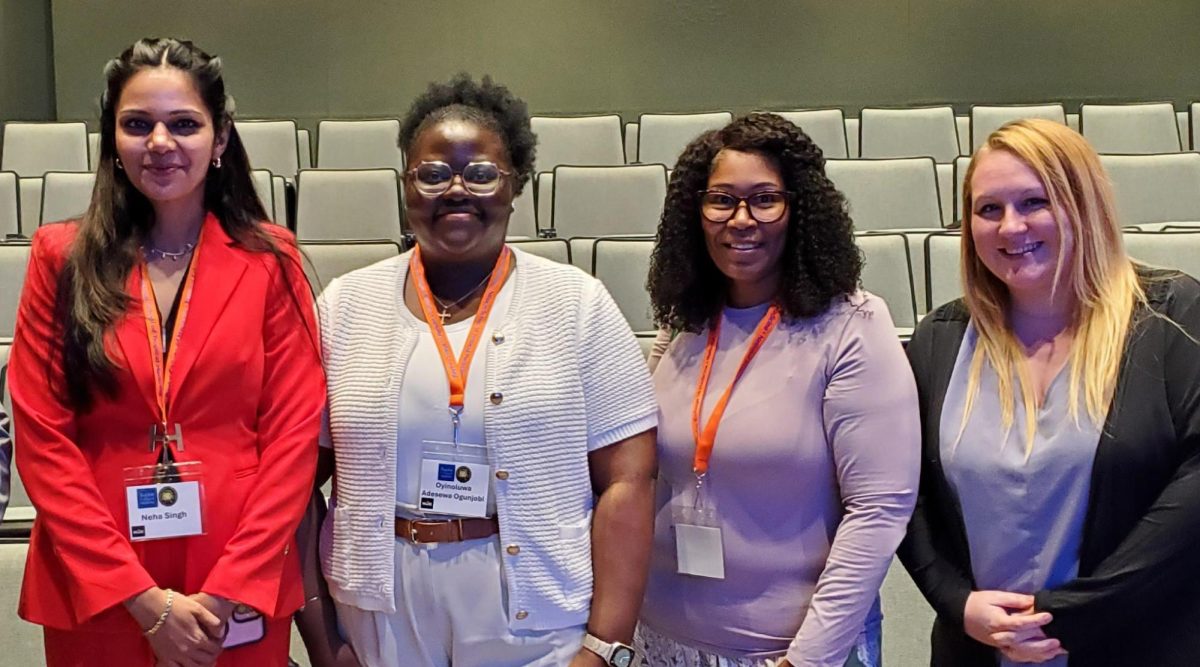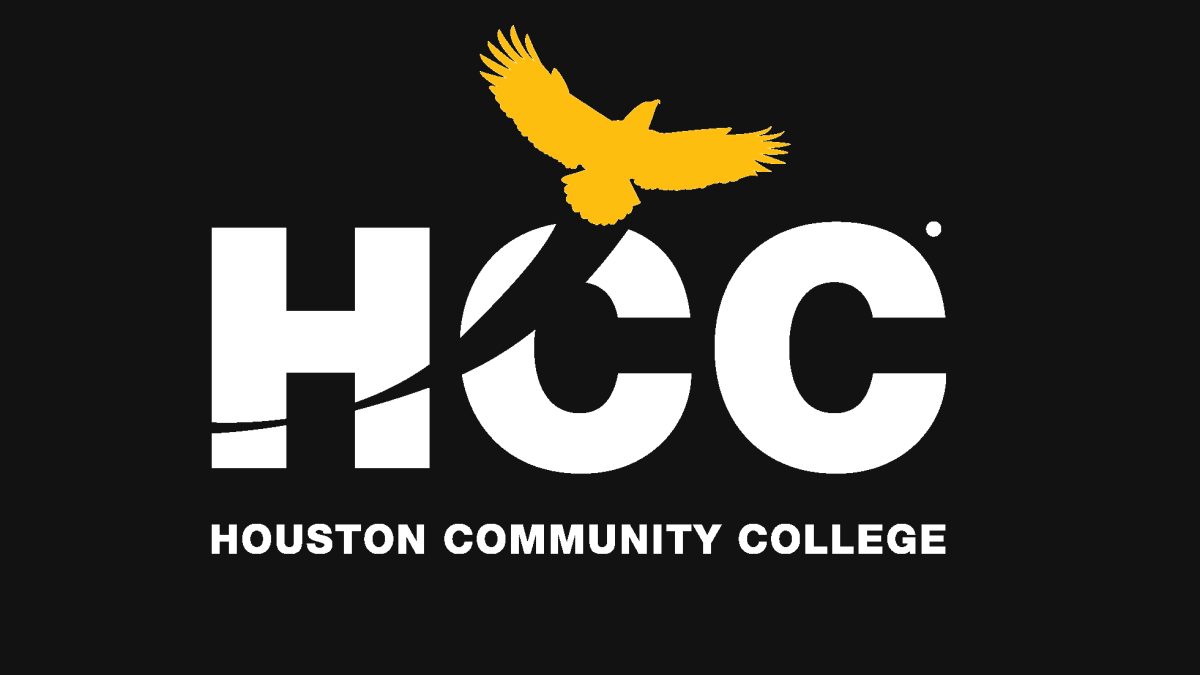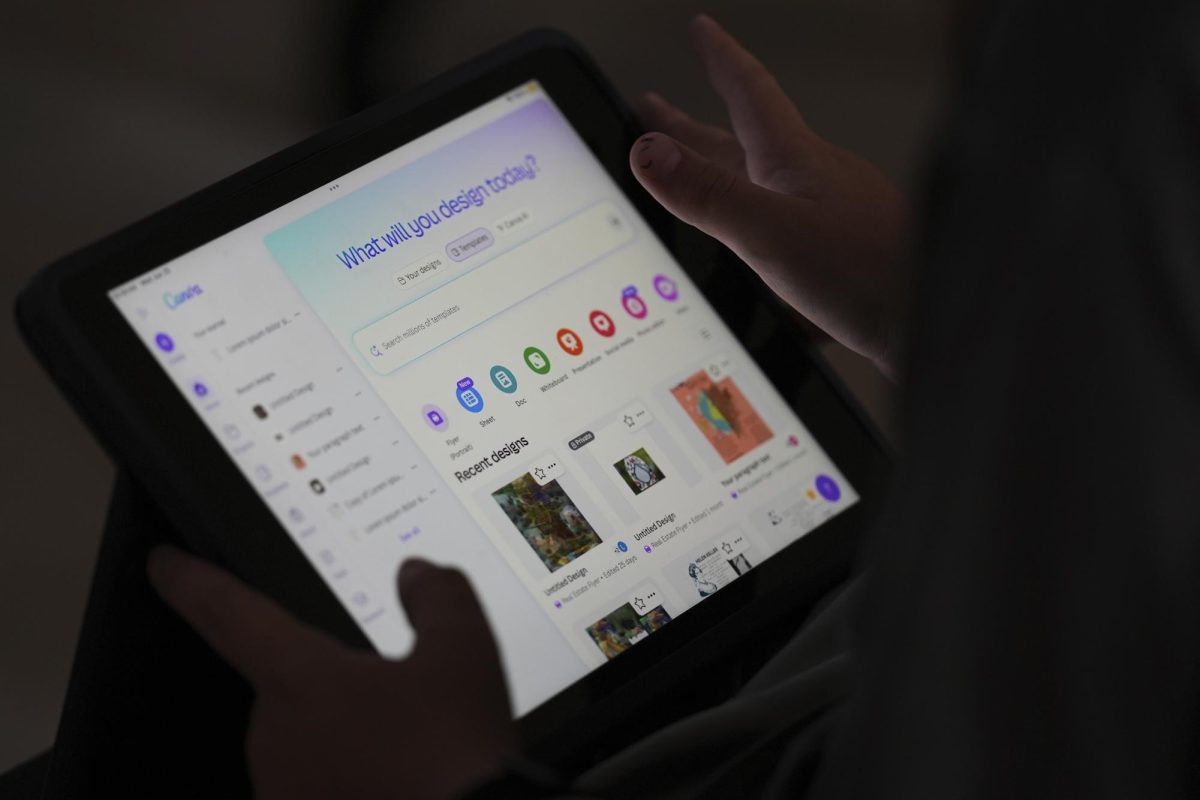Artificial intelligence (AI) and other technical advances have had a profound effect on the music industry. A music institution in Los Angeles called Musicians Institute has been keeping a careful eye on how artificial intelligence is affecting the music business. One example of this is the recent false viral song that features AI versions of Drake and The Weeknd. AI can produce fresh concepts and variations rapidly, which expedites the creative process and frees up artists to concentrate on quality. Additionally, it may tailor the listening experience by generating music according to the user’s tastes, emotional state, and physiological information.
However, using AI to produce music may have drawbacks. One worry is that AI might displace human producers and musicians, creating job losses. The finest music is produced by fusing technology and human talent. The possibility that AI-generated music would become mechanical and predictable and lose the emotional complexity and nuance that come from human experience is another cause for concern.
The Musicians Institute is dedicated to assisting students in appreciating the value of human skill and experience while highlighting the possibilities of AI in music production. Together, human and artificial intelligence innovation will produce innovative and captivating tunes in the music industry of the future.
Artificial intelligence (AI)-generated soundalikes have elicited a range of reactions in the music industry, from joy to hysteria. Some businesses are concentrating on less bizarre applications, while others are evaluating how to safeguard their artists, copyrights, and cash sources. For instance, Paul McCartney employed AI to produce the last Beatles song by utilizing stem separation to restore an outdated tape. Some applications offer new creative potential for musicians and rights holders, while others raise ethical and legal questions.
With new rules using artificial intelligence, even the Recording Academy has announced modifications to the Grammy Awards to better represent the changing music industry. The music industry’s highest award is restricted to human creators alone; works lacking human authorship are not eligible. According to Harvey Mason Jr., CEO of the Recording Academy, AI-generated music is eligible for nomination and entry.
The growing cost and portability of technology has facilitated the process of producing music with a professional sound for aspiring musicians. The divide between musicians and non-musicians has been dissolved by AI-driven technology, which enables users to produce instrumentals and stems for a variety of uses. For movies, companies, and younger listeners who wish to alter audio on their own, this technology is especially helpful.
Major labels have expressed concern about “market share dilution” in light of the significant increase in music production, particularly if AI is able to accelerate the production of music that falls outside of their jurisdiction. Nonetheless, with a wide range of applications, artificial intelligence is regarded as one of the most revolutionary developments in human history.

Startups are creating pliable music that changes in real time to complement movements in exercise videos, virtual reality, video games, and Snapchat effects. Artificial intelligence is used by businesses such as Reactional Music, Life Score, and Minibeats to create music that best fits the demands and activities of their users.
Publishers and songwriters are using AI voice synthesis technology to place their songs with high-profile performers. Opponents caution that this could reduce work prospects for demo singers and scare them away. Some advocates claim that AI is a more accurate and less expensive option than hiring demo singers with voices like those of popular performers.



























